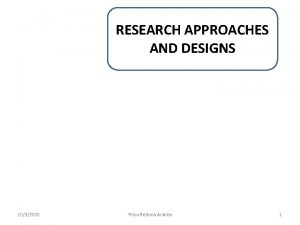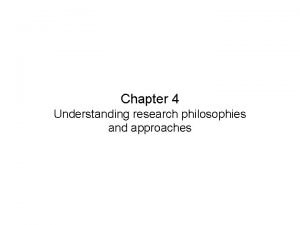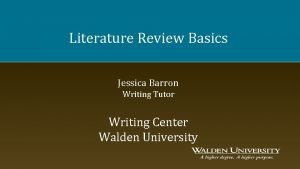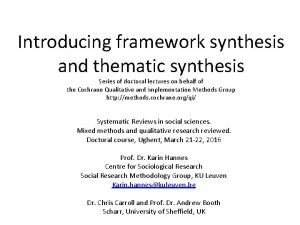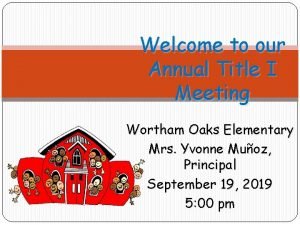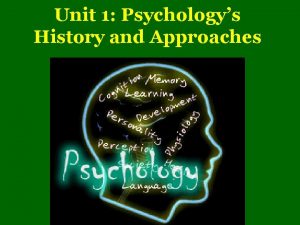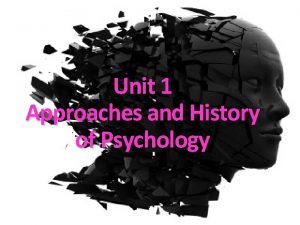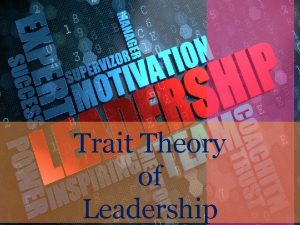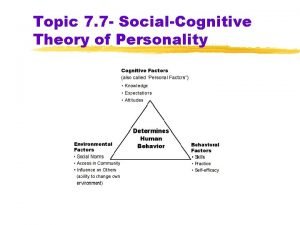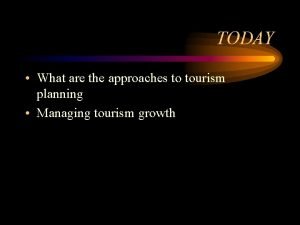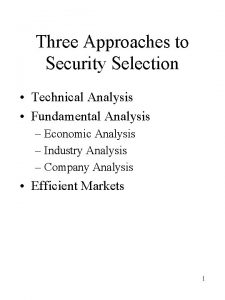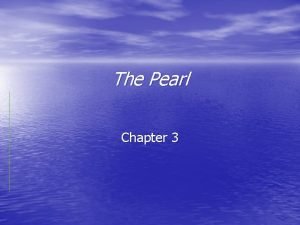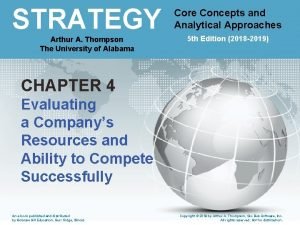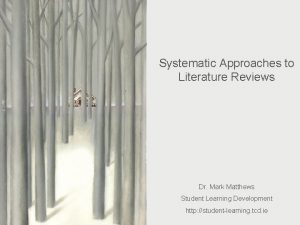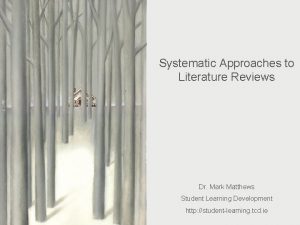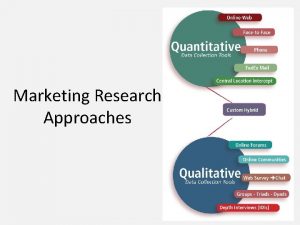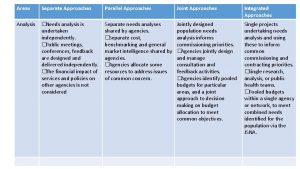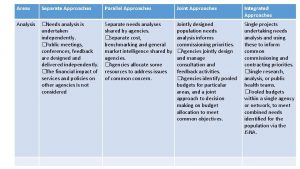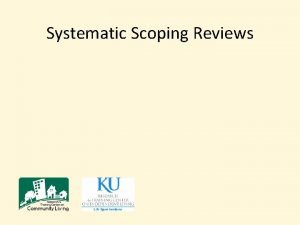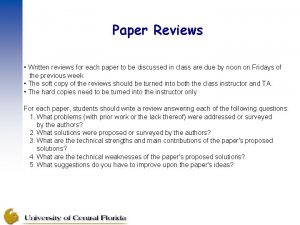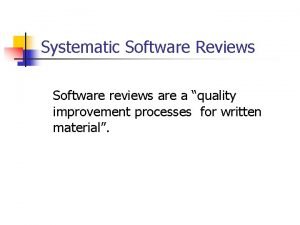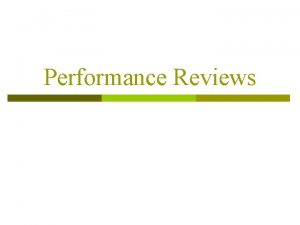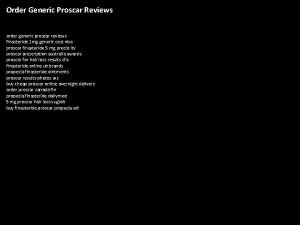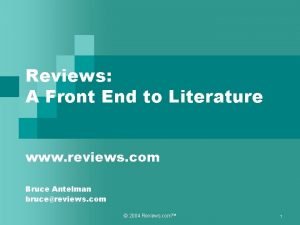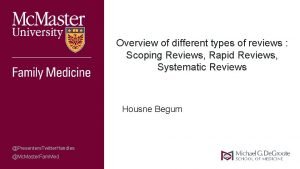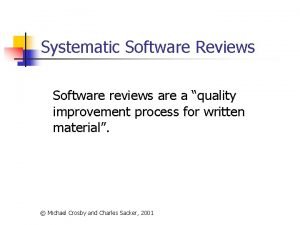Reviews of Research Synthesis Approaches to research synthesis

















- Slides: 17

Reviews of Research Synthesis

Approaches to research synthesis Narrative reviews A discursive analysis of multiple research studies May include both quant and qual studies May include theoretical or philosophical work Meta-analysis A statistical technique for combining the results of multiple studies Only applicable for quantitative studies, ones where effect sizes can be calculated

Qualitative research studies Narrative reviews of research Meta-analysis Quantitative research studies

Forest plots (the key to understanding a metaanalysis)



Effect size is the difference between two groups Effect size = mean of exp group − mean of control group __________________ standard deviation



Another summary format for data presentation What would you conclude about the effect of DARE on drug use from looking at this Figure?

More info on meta-analysis �A good source on meta-analysis is the Cochrane Collaboration, an international non-profit academic group specializing in meta-analyses of healthcare interventions. http: //www. cochrane. org �Simpler reference: Bergman NG, Parker RA (2002). Meta-analysis: neither quick nor easy. http: //www. biomedcentral. com/1471 -2288/2/10.

Research reviews… Are organized by topic Summarize what is and is not known Identify areas of controversy Acquaint readers with existing research on a topic Illustrate trends in research Illustrate the need for further research

Doing Literature Reviews Be focused Clarify thesis, topic, question Collect relevant research What sources journals, books, websites, dissertations, conference proceedings Does publication date matter? Read and summarize 12 step summary annotated bibliography, old school or Ref. Works

Doing Literature Reviews Evaluate the pieces Set criteria for inclusion in review Create an organizational structure for the review Group studies by Research questions Results Characteristics of research participants Methods used

Doing Literature Reviews Write the review Discursive prose Thematic organization Synthesize and evaluate, rather than summarize Things to keep in mind Use evidence Be selective… select the most important points Use quotes sparingly Use caution when paraphrasing… fair representation & avoiding plagarism Start paragraphs/sentences with the idea, not a citation Find and keep your voice Use proper style… usually APA style

Organization of review of research TOPIC: How is home understood, defined and described across theoretical and empirical literature? House and home Ideal house and home Between the real and ideal, the actual and remembered home Home as haven Mallett, S. (2004). Understanding home: A Home and family critical review of the literature. The Home and gender Sociological Review, 52(1), 62 -89. Home and journeying Being at home in the world Home, self-identity, and being

Common errors Being in a hurry… overlooking studies Relying too heavily on secondary sources Focusing only on findings, at the expense of methods, instrumentation, research design Using only journal articles… not books, handbooks, encyclopedias Too broadly or narrowly conceived Summarizing studies, rather than synthesizing and evaluating what is learned
 Marketing research approaches to demand estimation
Marketing research approaches to demand estimation What is research
What is research Experimental vs non experimental
Experimental vs non experimental Research philosophies and approaches
Research philosophies and approaches Literature review example apa
Literature review example apa Synthesis in research
Synthesis in research Similarities and differences of wid/wad and gad
Similarities and differences of wid/wad and gad Approaches meets masters
Approaches meets masters Unit 1 psychology's history and approaches
Unit 1 psychology's history and approaches Approaches to psychology
Approaches to psychology Cas treatment approaches
Cas treatment approaches Traits theory of leadership
Traits theory of leadership Trait theory of leadership
Trait theory of leadership Cognitive perspective of personality
Cognitive perspective of personality Community oriented approach in tourism planning
Community oriented approach in tourism planning What are the three approaches to security
What are the three approaches to security How does kino feel trapped by his own ignorance?
How does kino feel trapped by his own ignorance? A company's resources and capabilities represent
A company's resources and capabilities represent


